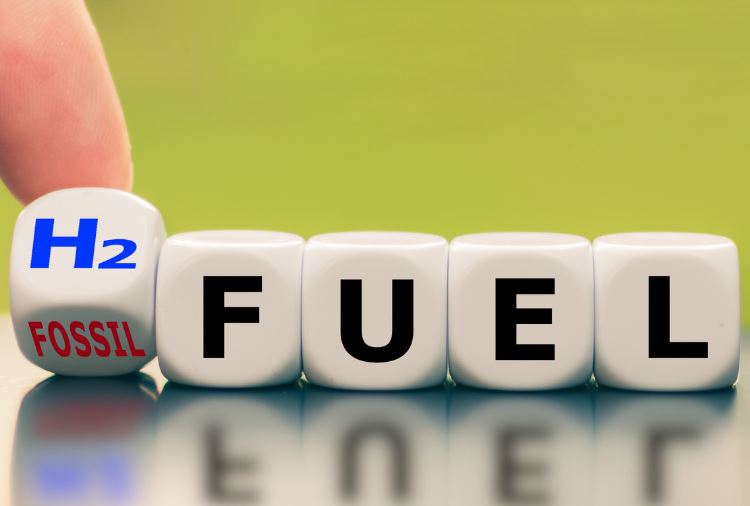A new study titled “Hydrogen Enriched LNG Fuel for Maritime Applications – A Life Cycle Study” has unveiled promising findings that could significantly impact the maritime industry’s approach to fuel sources. A team of international researchers conducted this research led by Kangki Lee, Shinsuke Murakami, Aykut I. Ölҫer, Tuan Dong, Gareth Estebanez, and Alessandro Schönborn.
The shipping industry is under immense pressure to reduce greenhouse gas emissions as part of global efforts to combat climate change. Liquefied natural gas (LNG) has been identified as a cleaner alternative to traditional marine fuels. However, this new study explores the additional benefits of enriching LNG with hydrogen, potentially paving the way for an even more eco-friendly maritime fuel.
Main Findings
The researchers conducted a comprehensive life cycle analysis (LCA) to evaluate the environmental impact and potential benefits of hydrogen-enriched LNG (HENG). Key findings from the study indicate that HENG could significantly reduce carbon dioxide (CO2) and nitrogen oxide (NOx) emissions compared to conventional LNG and traditional marine fuels. The study emphasizes the potential for HENG to act as a bridge fuel that aligns with short-term and long-term decarbonization goals.
Potential Applications
The immediate application of this research lies in the maritime sector, where adopting HENG could help shipping companies comply with stringent environmental regulations and reduce their carbon footprint. Potentially, this technology could be integrated into existing LNG infrastructure, providing a feasible and relatively low-cost solution for greener shipping operations.
Market Relevance
This research is significant to the hydrogen market. Given the growing interest in hydrogen as a clean energy source, the findings offer valuable insights into practical hydrogen applications in existing sectors. The maritime industry’s transition to HENG could drive increased demand for hydrogen production, stimulating investment and technological advancements within the hydrogen sector.
Technical Details and Methodologies
The study employed a robust life cycle analysis framework, encompassing stages from the production and transportation of fuel to its end-use emissions. The methodologies included comparative assessments of emission reductions and life cycle costs between HENG and conventional LNG.
Broader Implications
The broader implications of this research extend beyond the maritime industry. The study contributes to the growing body of knowledge supporting a hydrogen economy by demonstrating a feasible method to incorporate hydrogen into existing fuel systems. Additionally, it highlights the importance of integrated fuel solutions that can be adopted across various industries seeking to reduce their environmental impact.
Key Takeaways
1. Hydrogen-enriched LNG (HENG) presents a viable option for reducing emissions in the maritime sector.
2. The research underscores significant CO2 and NOx emissions reductions using HENG.
3. Effective integration of HENG into current LNG infrastructure provides an economical path for greener maritime operations.
4. The findings hold substantial potential to stimulate further growth in the hydrogen market.
As the maritime industry and other sectors continue to seek sustainable fuel solutions, the integration of hydrogen-enriched LNG stands out as a promising development worthy of further exploration and potential large-scale adoption.





